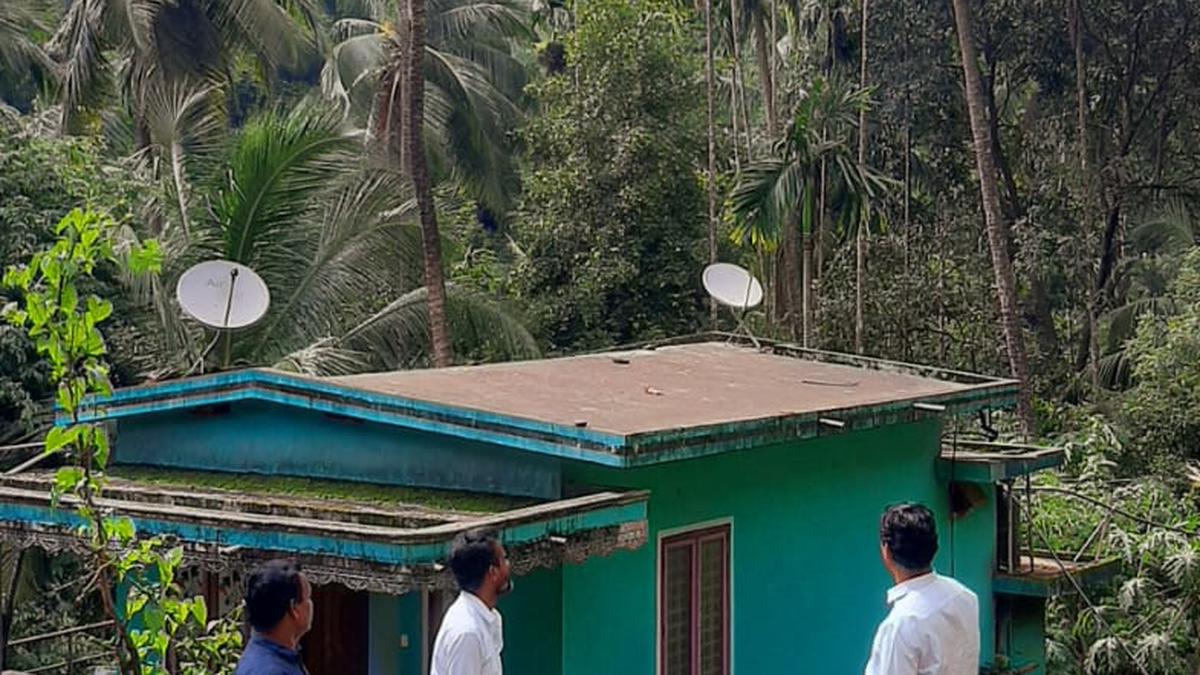Now Reading: Farmers Urge Action to Save Coconut Trees from Lethal Yellowing Disease
-
01
Farmers Urge Action to Save Coconut Trees from Lethal Yellowing Disease
Farmers Urge Action to Save Coconut Trees from Lethal Yellowing Disease

Quick summary
- Farmers in Kozhikode district, Kerala, are grappling with the spread of Lethal yellowing Disease (LYD), a phytoplasma-driven disease affecting coconut plantations and substantially reducing yields.
- Farmer associations accuse the Agriculture department and Coconut Growth Board of using outdated studies and ignoring demands for fresh field-level research.
- Declining yields are leading to severe economic concerns; farmers report harvesting only 10-20 coconuts per tree per cycle instead of the claimed 40, affecting Kerala’s standing as a top coconut producer.
- Groups including We Farm, Indian farmers Movement, and Karshaka Congress have demanded urgent inspections in worst-hit areas like Koodaranhi, Thiruvambadi, Kuttiyadi, Perambra, and Kodenchery. They call for new scientific studies and active reviews by district-level committees.
- Farmers argue that initiatives like the State goverment’s Kerala Gramam project will lose relevance without immediate remedies.
- The Agriculture department claims complaints have been forwarded to researchers but accuses certain groups of spreading “unscientific findings” for political motives.
Indian Opinion analysis
The spread of Lethal Yellowing Disease threatens the livelihood of farmers in Kozhikode’s rural areas while exposing systemic inefficiencies in addressing agricultural crises. The allegations from farmers highlight a potential gap between local realities on plantations and institutional responses from authorities. If unaddressed promptly thru scientific verification and coordinated efforts by relevant stakeholders-research institutions included-the economic ripple effects could jeopardize not just affected districts but broader industries reliant on coconut production.
Kerala’s agricultural economy heavily depends on its reputation as a leading coconut-producing state. With farmers reporting notable yield reductions due to LYD-and institutions accused of relying on outdated data-the integrity and effectiveness of agricultural policymaking come into question.Collaborative field studies combined with transparent interaction can offer sustainable solutions without risking trust among farming communities.Farmers’ proactive efforts signal their readiness for cooperation; though, mutual accountability among all parties involved is essential to safeguard both productivity levels and market stability across Kerala amid this pressing challenge.
























